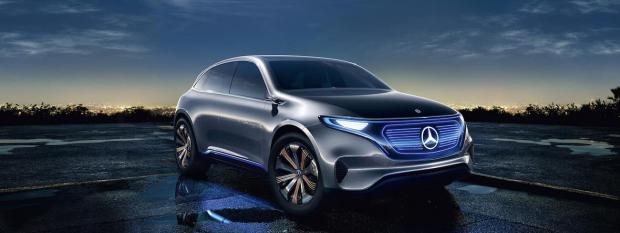
Breaking News
 Closing in on How Charlie Kirk Was Assassinated
Closing in on How Charlie Kirk Was Assassinated
 Here's a little song I just wrote. Dedicated to Al Gore.
Here's a little song I just wrote. Dedicated to Al Gore.
 Judge Blocks Executive Order Tightening Voter-registration Requirements
Judge Blocks Executive Order Tightening Voter-registration Requirements
 ALEX JONES' EXCLUSIVE EPSTEIN DOJ MEGA DOCUMENT DUMP ANALYSIS:
ALEX JONES' EXCLUSIVE EPSTEIN DOJ MEGA DOCUMENT DUMP ANALYSIS:
Top Tech News
 Critical Linux Warning: 800,000 Devices Are EXPOSED
Critical Linux Warning: 800,000 Devices Are EXPOSED
 'Brave New World': IVF Company's Eugenics Tool Lets Couples Pick 'Best' Baby, Di
'Brave New World': IVF Company's Eugenics Tool Lets Couples Pick 'Best' Baby, Di
 The smartphone just fired a warning shot at the camera industry.
The smartphone just fired a warning shot at the camera industry.
 A revolutionary breakthrough in dental science is changing how we fight tooth decay
A revolutionary breakthrough in dental science is changing how we fight tooth decay
 Docan Energy "Panda": 32kWh for $2,530!
Docan Energy "Panda": 32kWh for $2,530!
 Rugged phone with multi-day battery life doubles as a 1080p projector
Rugged phone with multi-day battery life doubles as a 1080p projector
 4 Sisters Invent Electric Tractor with Mom and Dad and it's Selling in 5 Countries
4 Sisters Invent Electric Tractor with Mom and Dad and it's Selling in 5 Countries
 Lab–grown LIFE takes a major step forward – as scientists use AI to create a virus never seen be
Lab–grown LIFE takes a major step forward – as scientists use AI to create a virus never seen be
 New Electric 'Donut Motor' Makes 856 HP but Weighs Just 88 Pounds
New Electric 'Donut Motor' Makes 856 HP but Weighs Just 88 Pounds
 Donut Lab Says It Cracked Solid-State Batteries. Experts Have Questions.
Donut Lab Says It Cracked Solid-State Batteries. Experts Have Questions.
Mercedes-Benz to go all-electric by 2030

Mercedes-Benz maker Daimler plans to invest more than 40 billion euros, or $47 billion, between 2022 and 2030 to develop battery-electric vehicles, and be ready for an all-electric car market by 2030.
Outlining its strategy for an electric future, the German luxury carmaker said on Thursday it would, with partners, build eight battery plants as it ramps up EV production, and that from 2025 all new vehicle platforms would only make electric cars.
"We really want to go for it ... and be dominantly, if not all electric, by the end of the decade," Chief Executive Ola Källenius told Reuters, adding that spending on traditional combustion-engine technology would be "close to zero" by 2025.
However, Daimler stopped short of giving a hard deadline for ending sales of fossil-fuel cars.
Some carmakers like Geely-owned Volvo Cars have committed to going all electric by 2030, while General Motors says it aspires to be fully electric by 2035.
"We need to move the debate away from when you build the last combustion engine because it's not relevant," Källenius said. "The question is how quickly can you scale up to being close to 100 percent electric and that's what we're focusing on."
Daimler's announcement comes just over a week after the European Union proposed an effective ban on the sale of new petrol and diesel cars from 2035, aiming to speed up the switch to zero-emission EVs as part of a broad package of measures to combat global warming.
Ahead of the EU's announcement, carmakers had announced a series of major investments in EVs. Earlier this month, Stellantis said it would invest more than 30 billion euros by 2025 on electrifying its line-up.



